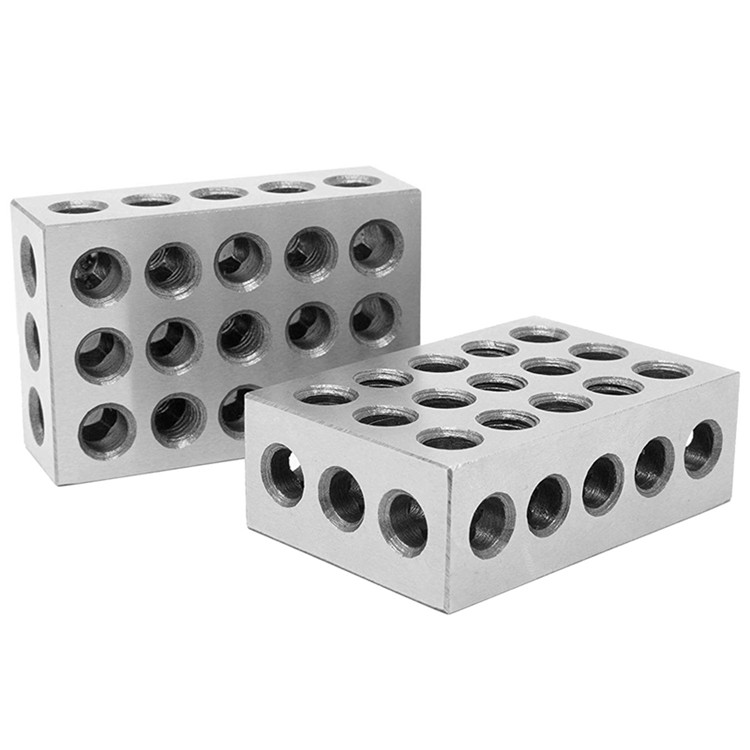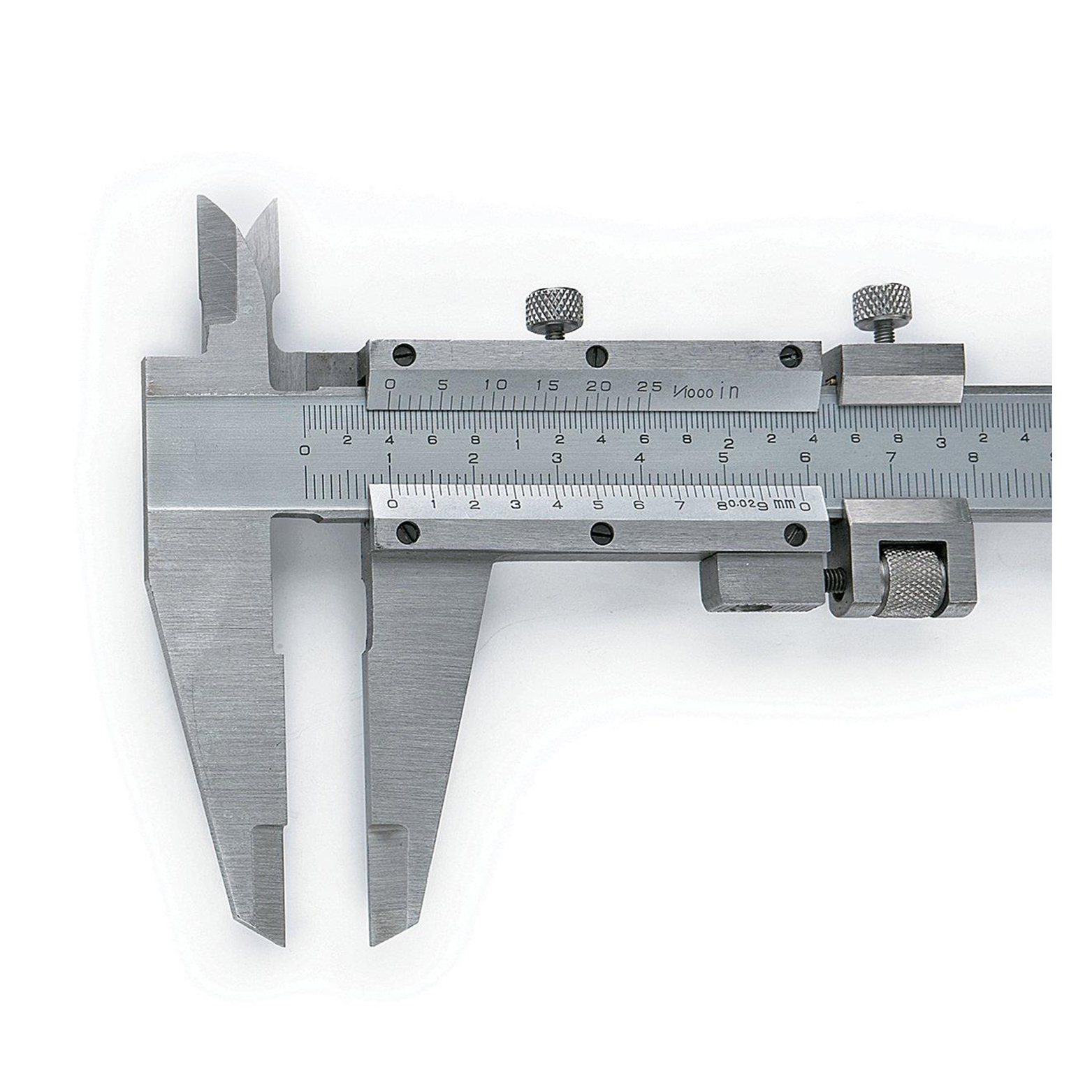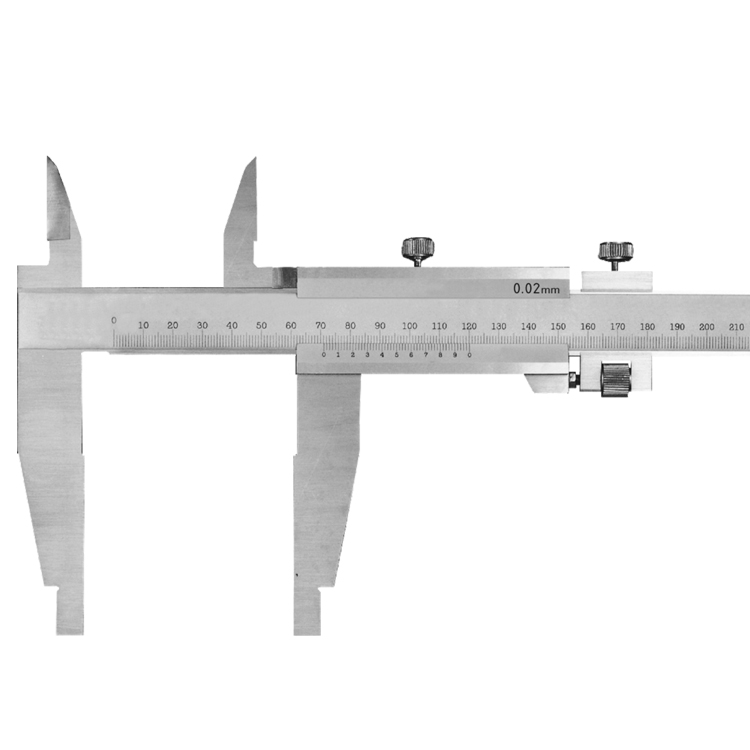plug gauge Factories
Discover the leading plug gauge factories, understanding key features like material (steel, carbide), precision, and certification (ISO 9001). Learn about the different types of plug gauges (taper, progressive, GO/NO-GO), common standards (ANSI, DIN), and crucial selection criteria for accurate hole measurement in manufacturing.
Understanding Plug Gauges
Plug gauges are essential metrology tools used to check the accuracy of hole diameters. They are designed to quickly and efficiently determine whether a hole is within specified tolerances. Their simplicity and robustness make them indispensable in manufacturing, quality control, and engineering processes.
What is a Plug Gauge?
A plug gauge, also known as a pin gauge or Go/No-Go gauge, is a cylindrical tool used to inspect the internal dimensions of a hole. It consists of a precisely machined cylinder, often with two ends: a 'Go' end that should enter a hole meeting the lower tolerance limit, and a 'No-Go' end that should not enter the hole if it's within the upper tolerance limit.
Types of Plug Gauges
Several types of plug gauges are available, each designed for specific applications:
- Go/No-Go Plug Gauges: These are the most common type, used for quick pass/fail assessments.
- Taper Plug Gauges: Designed to measure tapered holes.
- Progressive Plug Gauges: Have both Go and No-Go dimensions on the same end, allowing for quicker testing.
- Thread Plug Gauges: Used to check the accuracy of internal threads.
Key Features to Consider When Choosing a Plug Gauge Factory
Selecting the right plug gauge factory is crucial for ensuring the quality and accuracy of your measurements. Here are some key features to consider:
Material Quality
The material used in the plug gauge directly affects its durability and accuracy. Common materials include:
- Steel: Offers good wear resistance and is a cost-effective option. Often made from tool steel, like gauge steel, for hardening and dimensional stability.
- Carbide: Provides exceptional hardness and wear resistance, ideal for high-volume applications and abrasive materials.
Precision and Tolerance
The precision of a plug gauge is paramount. Look for factories that offer gauges with tight tolerances, such as:
- Tolerance Grades: e.g., Class X, Class Y, Class Z. Lower class numbers (e.g., Class XX) indicate higher precision.
- Dimensional Accuracy: The actual deviation from the nominal size. This should be clearly stated in the product specifications.
Certification and Standards
Ensure that the plug gauge factory adheres to recognized industry standards. Certifications like ISO 9001 demonstrate a commitment to quality management. Common standards include:
- ANSI Standards: American National Standards Institute
- DIN Standards: Deutsches Institut für Normung (German Institute for Standardization)
- ISO Standards: International Organization for Standardization
Customization Options
Sometimes standard gauges don't meet specific needs. A good plug gauge factory should offer customization options, such as:
- Custom Sizes: To match unique hole dimensions.
- Special Materials: For specific applications (e.g., non-magnetic materials).
- Markings and Engravings: For identification and traceability.
Factory Reputation and Experience
Consider the factory's reputation and experience in the industry. Look for:
- Years in Business: A long track record often indicates reliability.
- Customer Reviews: Feedback from other customers can provide valuable insights.
- Technical Expertise: Ensure the factory has a knowledgeable team that can provide technical support.
Top Plug Gauge Factories
While a comprehensive list is dynamic and depends on specific requirements, here are some factors to consider when evaluating potential plug gauge factories. Note: This is not an exhaustive list, and you should conduct thorough research before making a decision.
Evaluating Potential Factories
- Wayleading Tools: They may offer customization services, precision manufacturing, and adhere to industry standards. Check their website at www.wayleading.com for detailed product specifications. Look for specific details on material options (steel, carbide) and tolerance grades.
- Other Reputable Manufacturers: Research established gauge manufacturers that have a history of supplying high-quality gauges and offer certifications.
Practical Considerations and Applications
Selecting the Right Plug Gauge for Your Application
Choosing the appropriate plug gauge is crucial for accurate measurement. Consider these factors:
- Hole Size and Tolerance: Select a gauge that matches the hole's nominal size and required tolerance.
- Material of the Workpiece: Different materials require different gauge materials (e.g., carbide for abrasive materials).
- Application: Consider whether you need a Go/No-Go gauge for quick checks or a more precise gauge for detailed measurements.
Best Practices for Using Plug Gauges
To ensure accurate and reliable measurements, follow these best practices:
- Cleanliness: Ensure the plug gauge and the workpiece are clean and free from debris.
- Proper Handling: Avoid dropping or mishandling the gauge, as this can damage its precision.
- Calibration: Regularly calibrate your plug gauges to maintain accuracy.
- Temperature Control: Maintain a consistent temperature in the measurement environment to minimize thermal expansion errors.
Common Applications of Plug Gauges
Plug gauges are used in a wide range of industries, including:
- Automotive: Checking the dimensions of engine components.
- Aerospace: Ensuring the accuracy of aircraft parts.
- Manufacturing: Verifying the dimensions of machined parts.
- Medical Device: Maintaining the precision of medical instruments.
Conclusion
Choosing the right plug gauge factory and selecting the appropriate plug gauges are essential for ensuring the quality and accuracy of your manufacturing processes. By considering factors such as material quality, precision, certification, and customization options, you can find a reliable supplier that meets your specific needs. Implementing best practices for using plug gauges will further enhance the reliability of your measurements.
Related products
Related products
Best selling products
Best selling products-
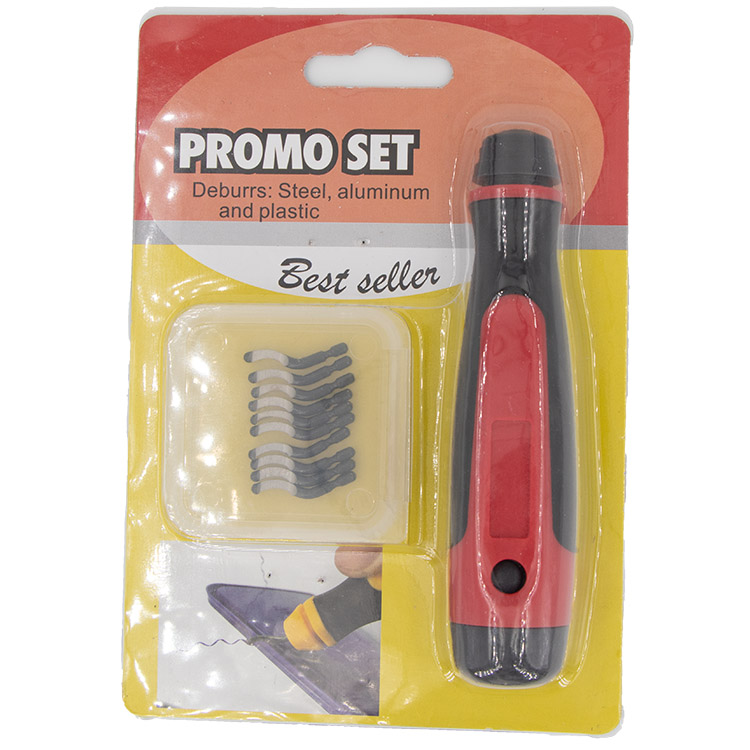 Type B Light Duty Deburring Tool Set With Deburring Holder And Deburring Blade
Type B Light Duty Deburring Tool Set With Deburring Holder And Deburring Blade -
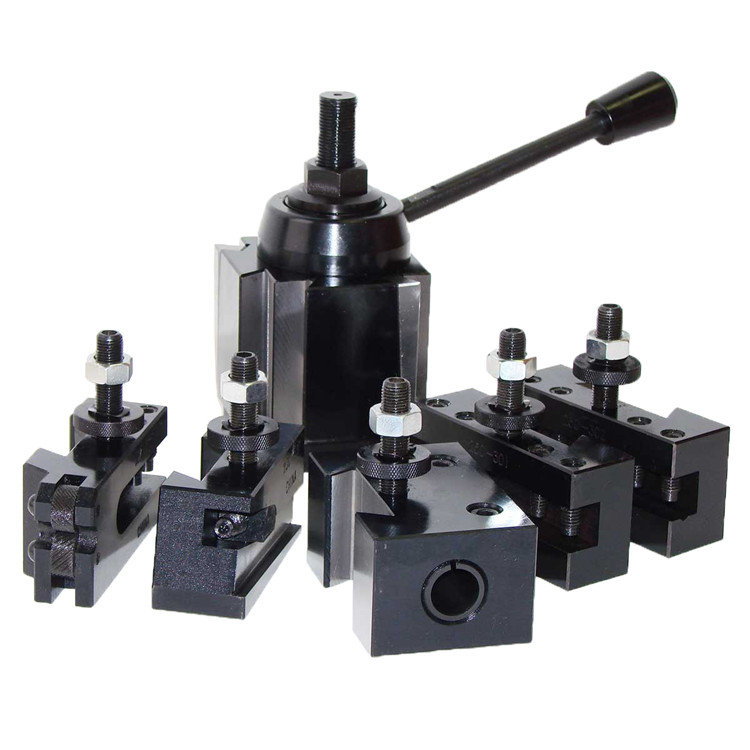 Wedge Type Quick Change Tool Post Set In lathe Machine
Wedge Type Quick Change Tool Post Set In lathe Machine -
 Precision IP54 Digital Outside Micrometer Of Inch & Metric With Data Output
Precision IP54 Digital Outside Micrometer Of Inch & Metric With Data Output -
 Digital Depth Gauge With Stainless Steel For Industrial Type
Digital Depth Gauge With Stainless Steel For Industrial Type -
 R8 Hex Collet With Inch and Metric Size
R8 Hex Collet With Inch and Metric Size -
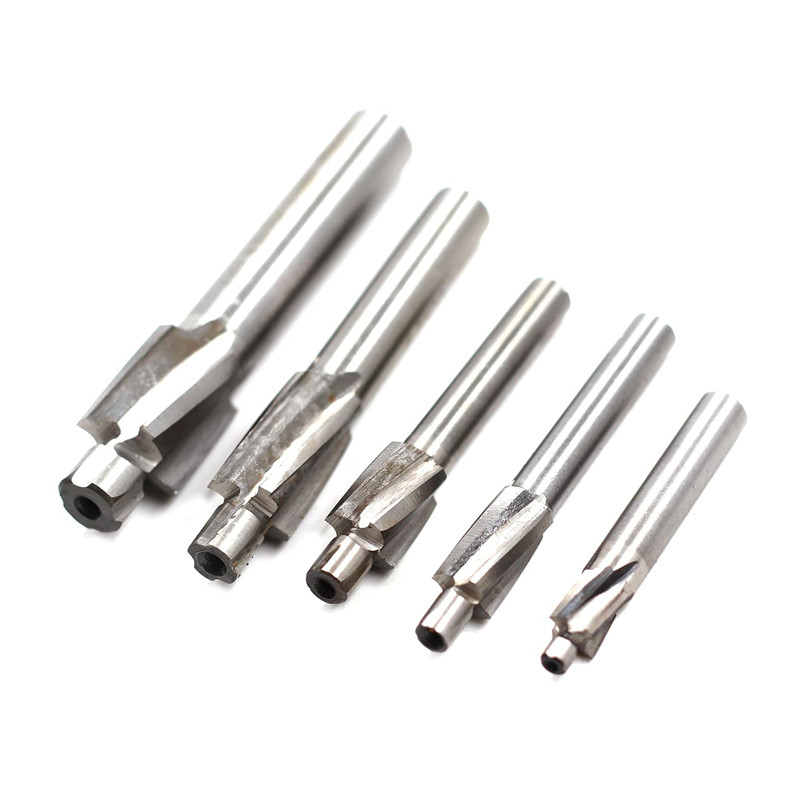 3 Flutes HSS Counterbore Drill Bit With Metric And Inch Size
3 Flutes HSS Counterbore Drill Bit With Metric And Inch Size -
 Partial profile 55° Threading Insert With ER & IR Type
Partial profile 55° Threading Insert With ER & IR Type -
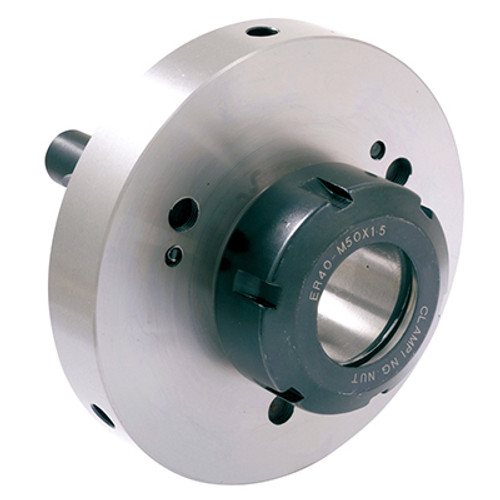 Camlock ER Collet Fixture With Lathe Collet Chuck
Camlock ER Collet Fixture With Lathe Collet Chuck -
 Double-beam Digital Gauge With Digital Counter
Double-beam Digital Gauge With Digital Counter -
 Outside Micrometer Set Of Inch & Metric With Rachet Stop
Outside Micrometer Set Of Inch & Metric With Rachet Stop -
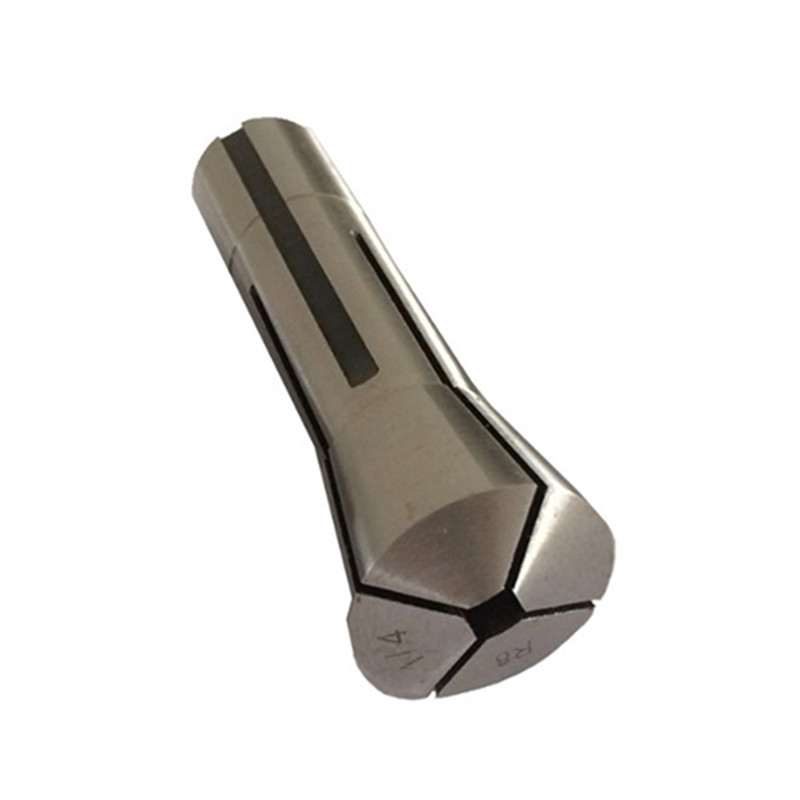 R8 Square Collet With Inch and Metric Size
R8 Square Collet With Inch and Metric Size -
 Precision Vernier Caliper Of Metric & Imperial For Industrial
Precision Vernier Caliper Of Metric & Imperial For Industrial
Related search
Related search- Wholesale A60 threading insert
- PSBN turning tool holder Supplier
- High-Quality apu drill chuck
- morse taper drill chuck arbor Factories
- iso metric full profile threading insert Manufacturer
- High-Quality LDMT insert
- High-Quality keyway broach set
- Internal & external thread tool holders set Manufacturers
- STFC boring bar Manufacturer
- spotting drill


